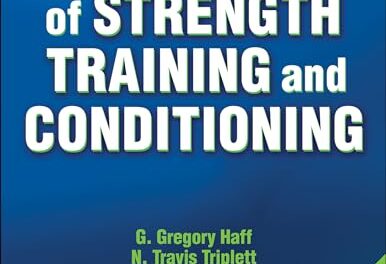Finding a football personal trainer can be a critical step in boosting your playing skills, physical fitness, and understanding of the game. Whether you're an amateur looking to improve your technique or an advanced player aiming to hone specific skills, a personal trainer with expertise in football can provide the tailored instruction and motivation needed to achieve your goals. In the following sections, we will provide a detailed guide on how to find a proficient football personal trainer near you.
Assess Your Goals and Needs
Before you begin your search, it's essential to assess your goals and needs. Are you looking to improve your overall physical condition, enhance specific football techniques such as dribbling, shooting, or tackling, or prepare for an upcoming season or trial? Identifying your objectives will help you choose a trainer who specializes in the areas you wish to focus on.
Research Local Options
Start your search by compiling a list of potential trainers in your area. You can utilize online platforms such as sporting directories, local gym websites, and social media pages dedicated to football coaching. Don't overlook community boards and local sports centers, which often have advertisements or information on available training services. Word-of-mouth recommendations from teammates, coaches, or local sports enthusiasts can also be incredibly valuable.
Check Qualifications and Experience
Once you have a list of potential trainers, the next step is to check their qualifications and experience. Ideal candidates should have relevant certifications in sports training, such as a degree in sports science or certifications from reputable sports or fitness organizations. Additionally, look for trainers who have specialized knowledge in football and preferably a background of playing at a high level. This experience gives them practical insights that can be directly applicable to your training.
Consider Their Training Approach and Philosophy
Each trainer comes with their approach and philosophy toward training. Some might focus heavily on technical skills, while others might prioritize physical conditioning or mental preparedness. Schedule consultations (which are often free) with the trainers on your list to discuss their methodologies and see if they align with your goals. This is also a great opportunity to gauge their communication skills and compatibility, which are crucial for a successful trainer-trainee relationship.
Evaluate the Logistics
Practical details such as location, availability, and cost are also important. Consider trainers who are reasonably close to avoid long commutes that can deter regular sessions. Check their availability to ensure it matches your schedule. Transparency in cost is equally important; ensure the trainer provides clear information about session rates, package deals, and any possible additional costs such as facility fees or equipment that might be needed.
Read Reviews and Testimonials
Previous and current trainee reviews can provide insights into the personal trainer's effectiveness and reliability. Look for reviews on the trainer’s website, social media pages, or third-party fitness review sites. While positive reviews are a good indicator of success, negative reviews should not be overlooked as they can reveal potential red flags.
Committing to a Trainer
After exhaustive research and meetings, if you feel confident in a trainer’s ability to support your football goals, it’s time to commit. Starting with a shorter training package might be wise if you're still unsure about long-term commitments. This approach allows you to examine the trainer's style and effectiveness without a significant initial investment.
Finding the right football personal trainer involves thorough research, clear goals, and careful consideration of each potential trainer's expertise and style. By following these steps, you can find a trainer who not only improves your skills on the field but also fosters your passion for the game, leading to both personal and athletic development.





